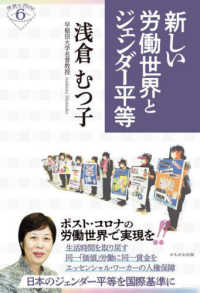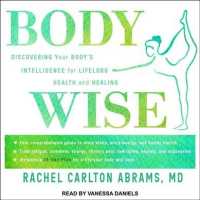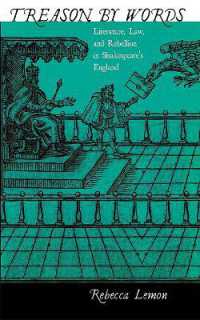Full Description
Migration for educational purposes, once the privilege of the upper class, has become a global mass phenomenon in recent years. This volume examines, within different cultural and historical contexts, the close relationship between migration, education, and social mobility. Adopting the perspective that education includes a broad range of formative experiences, the chapters explore different educational trajectories and the local, regional, and transnational relations in which they are embedded. Three key issues emerge from the analyses: firstly, the central role of temporal aspects in terms of both the overall historical conditions and the specific biographical circumstances shaping educational opportunities; secondly, the complex agendas informing individuals' migration and the adjustment of these agendas in the light of the vagaries of migrant life; and thirdly, the importance of migrants' self-perception as 'educated persons', and the invention of new identities, and the maintaining of old identities that this involves. This book was originally published as a special issue of Identities: Global Studies in Culture and Power.
Contents
1. Mobility, education and life trajectories: new and old migratory pathways 2. Migrating for a profession: becoming a Caribbean nurse in post-WWII Britain 3. Rescuing children, reforming the Empire: British child migration to colonial Southern Rhodesia 4. Gendered educational trajectories and transnational marriage among West African students in France 5. 'La Lenin is my passport': schooling, mobility and belonging in socialist Cuba and its diaspora 6. Transnational education and the remaking of social identity: Nepalese student migration to Denmark 7. Becoming independent through au pair migration: self-making and social re-positioning among young Filipinas in Denmark 8. Converting experiences in 'communities of practice': 'educational' migration in Denmark and achievements of Ukrainian agricultural apprentices








